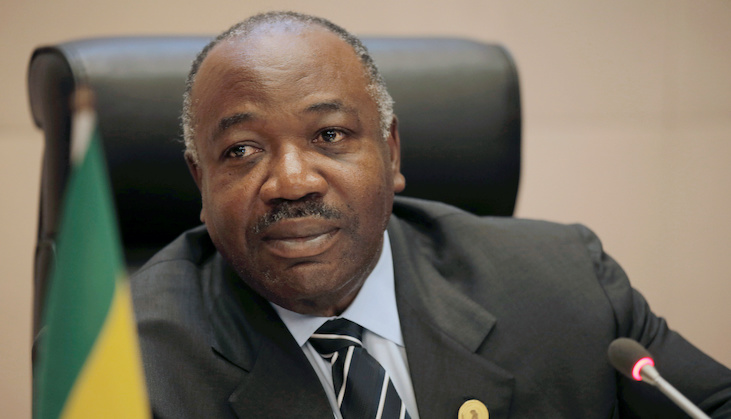The nation of Gabon has been thrown into political chaos as the army announced the end of President Ali Bongo’s regime during a televised address. Witnesses reported heavy automatic weapons fire in the capital city of Libreville.
In their statement, members of the Gabonese army expressed their concerns over the “irresponsible and unforeseeable governance” that has led to the deterioration of social cohesion. They declared that their action was necessary to defend peace and prevent the country from descending into chaos.
Identifying themselves as members of the Committee of Transition and Restoration of Institutions (CTRI), the armed men signified their mission to restore stability and prosperity to Gabon. The army spokesperson addressed the people of Gabon, expressing hope for a brighter future and invoking the blessings of God and their ancestors upon the country.
Following this announcement, the military closed the national borders indefinitely. In a bid to maintain calm, they appealed to residents and the Gabonese diaspora, as well as the communities of brotherly nations living in Gabon, to remain calm and serene.
These developments come after the Gabonese government implemented a nationwide curfew and cut off internet access during the recent voting period. On August 26, Gabonese citizens participated in polls to elect local leaders, national legislators, and the next president of the country.
President Ali Bongo, who has been in power since 2009, faced fierce competition from his main rival Jean Ping. The election results are yet to be officially announced, and both candidates have claimed victory.
Tensions have been rising in Gabon in recent days, with clashes between the security forces and protesters challenging the legitimacy of the electoral process. The opposition has accused President Bongo of rigging the election and suppressing dissent. The government, on the other hand, has accused the opposition of inciting violence and destabilizing the nation.
Amidst this uncertainty, international actors have called for calm and a peaceful resolution to the crisis. The African Union expressed concern over the situation in Gabon and called for all parties to engage in dialogue to find a way forward. The United Nations Secretary-General also urged restraint and peaceful resolution, emphasizing the need for respect of the rule of law and human rights.
The events unfolding in Gabon have significant implications not only for the country but also for the wider African region. As one of Africa’s major oil producers, stability in Gabon is crucial for regional economic prosperity.
The international community will keenly observe how this political crisis unfolds and whether the army’s actions lead to a peaceful transition or further instability. The immediate priority now is to prevent any escalation of violence and ensure the safety and well-being of the Gabonese people.
As the situation continues to evolve, it remains uncertain how long the army’s control will last and what their plans are for the future governance of Gabon. The coming days will undoubtedly be critical in determining the country’s political trajectory and the impact on its citizens.
Image Credit: REUTERS/Tiksa Negeri





